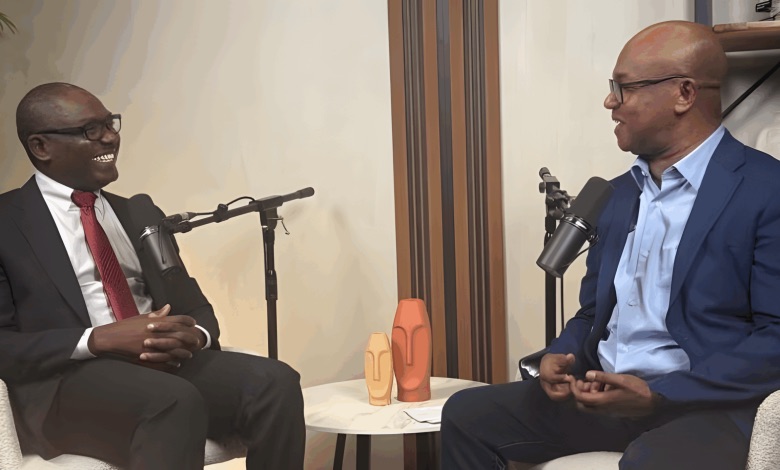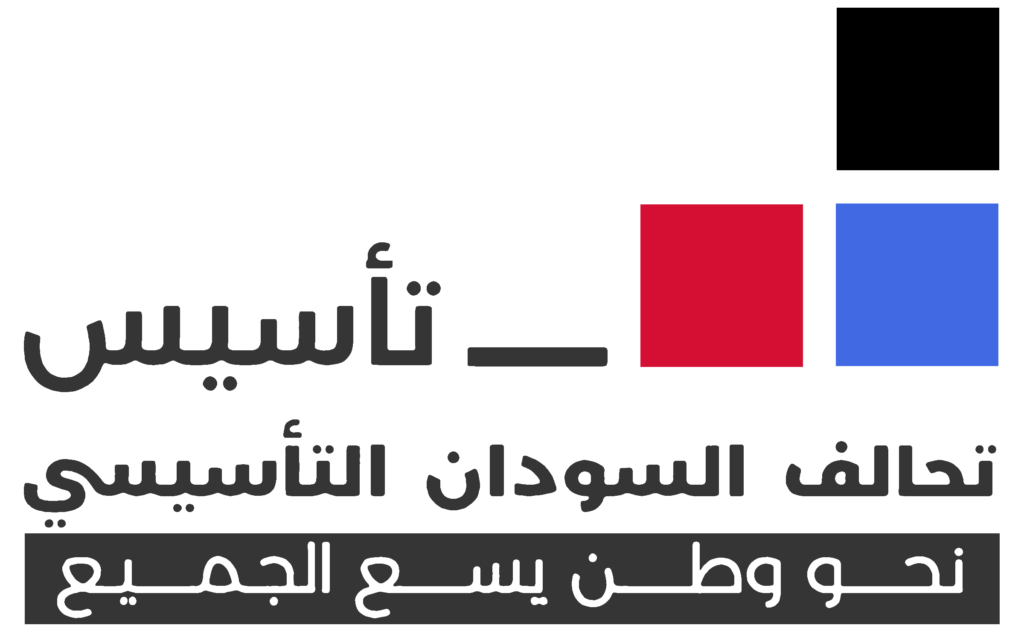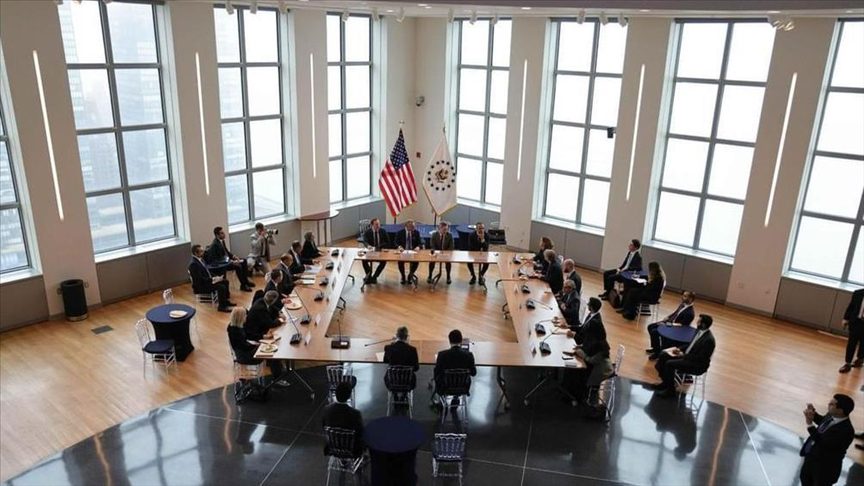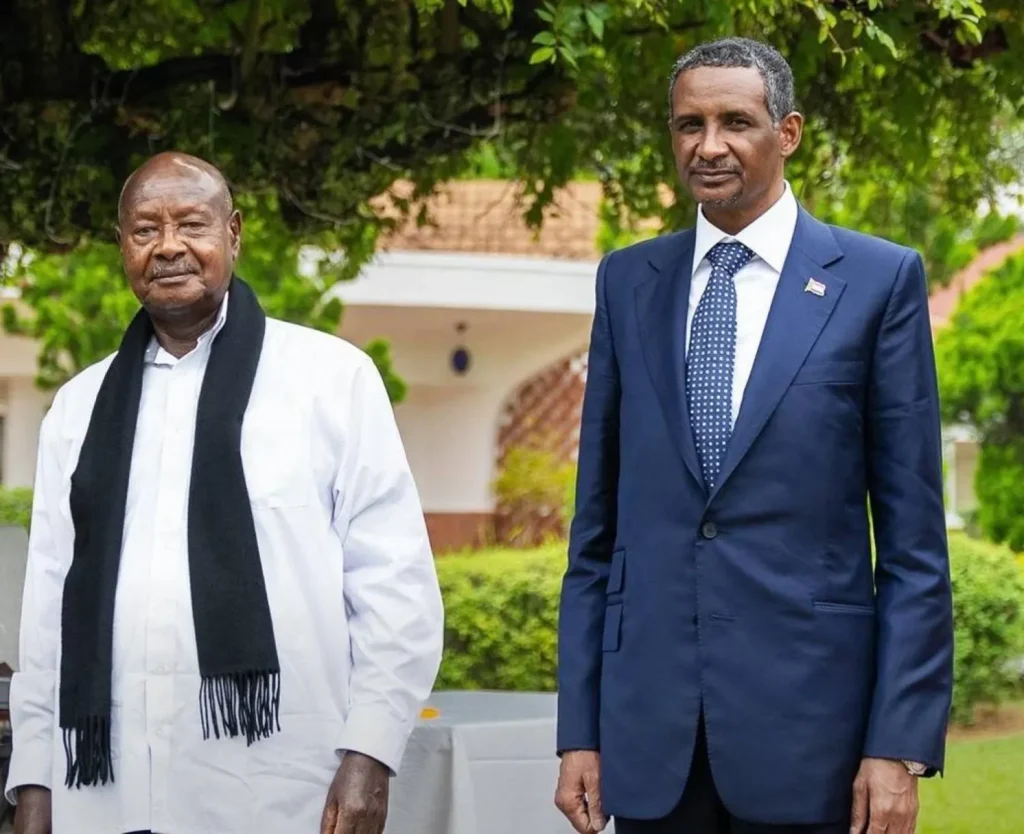
The Prime Minister of the Government of Peace and Unity, Mohamed Hassan El-Ta’aishi, accused Sudan’s military chief Abdel Fattah al-Burhan of advancing Islamist interests more than former president Omar al-Bashir, calling him “confused” and “characterless” yet the “most suitable leader” for them at a critical moment.
In remarks aired on the Sudan 360 Podcast, Ta’aishi said Burhan is trapped in a dual social-ideological alliance and exploited the Islamists’ penetration of the armed forces, becoming “the general who served the Islamists most after the revolution.”
He argued that Islamist networks “ignited the April 15 war” to prevent the Framework Agreement from loosening their grip on the SAF and civil service. The October 25, 2021 coup, he said, was “revenge against the revolution and Hemedti,” and amounted to “a death sentence for the democratic project.”
Ta’aishi singled out General Yasser al-Atta as “the most important figure serving the social coalition within the army,” describing him as fully aware of the military’s role in preserving what he called the pre-1956 “old state.” He added that Atta views the conflict as an existential fight to protect that order “even if it requires internationally prohibited chemical weapons or an alliance with the devil.”
The prime minister alleged that Islamist actors are preparing for a confrontation with foreign powers and will “inevitably drag Burhan into a clash with the international community.” He accused them of undermining peace tracks—from Jeddah to Manama—to prolong the war economy and enable gold and resource smuggling.
Ta’aishi also criticized democratic forces for “squandering” a chance to ally with RSF leader Mohamed Hamdan Dagalo (Hemedti) during the transition, saying such an alignment would have changed the calculus against Islamists. He said Hemedti later “pulled back after recognizing the trap,” moved to bring back Abdalla Hamdok and backed the Framework Agreement.
He concluded that today’s SAF reflects a long-running Islamist project, and that its structural distortions underscore Sudan’s failure to build a functioning state since independence.




